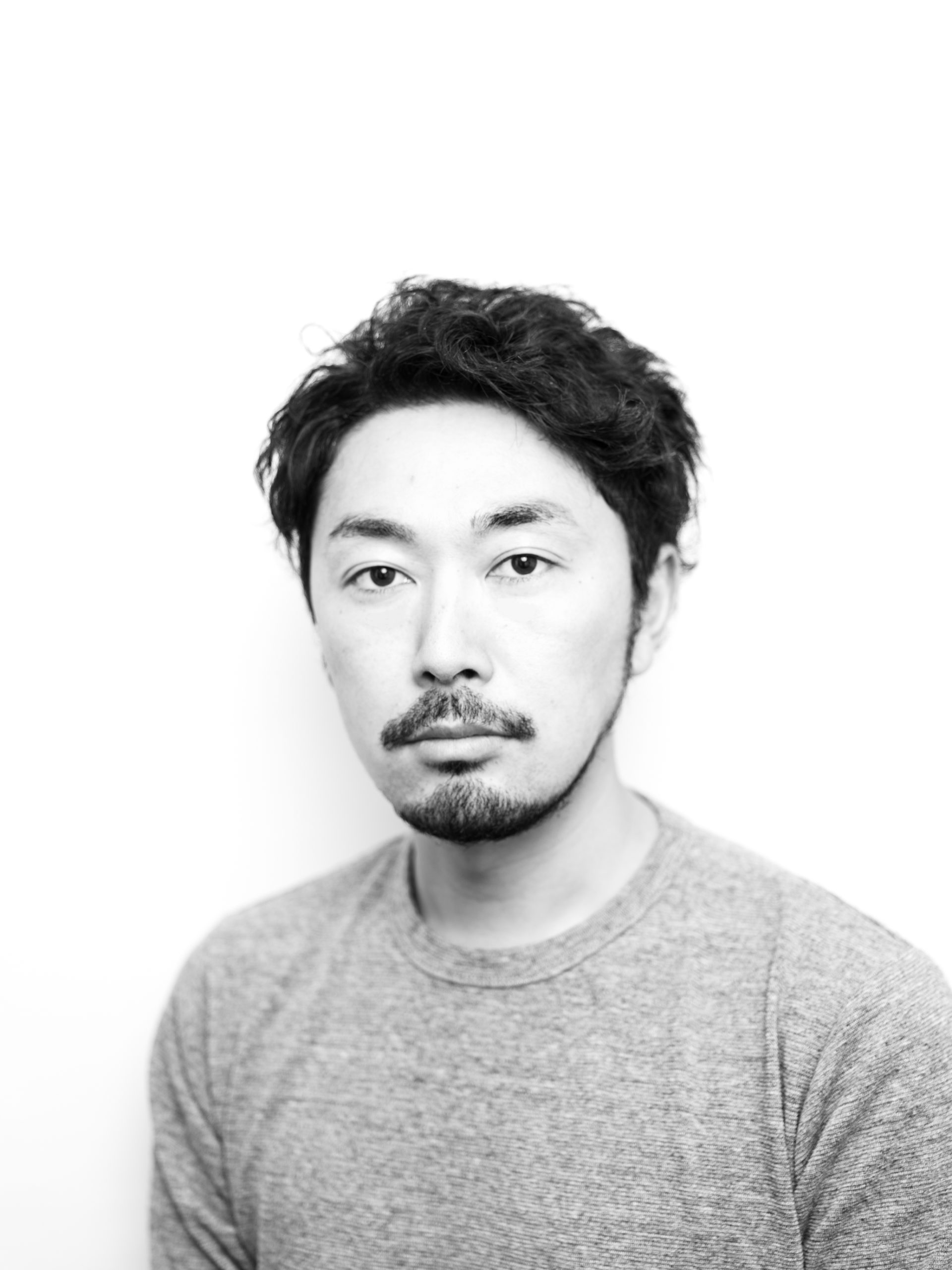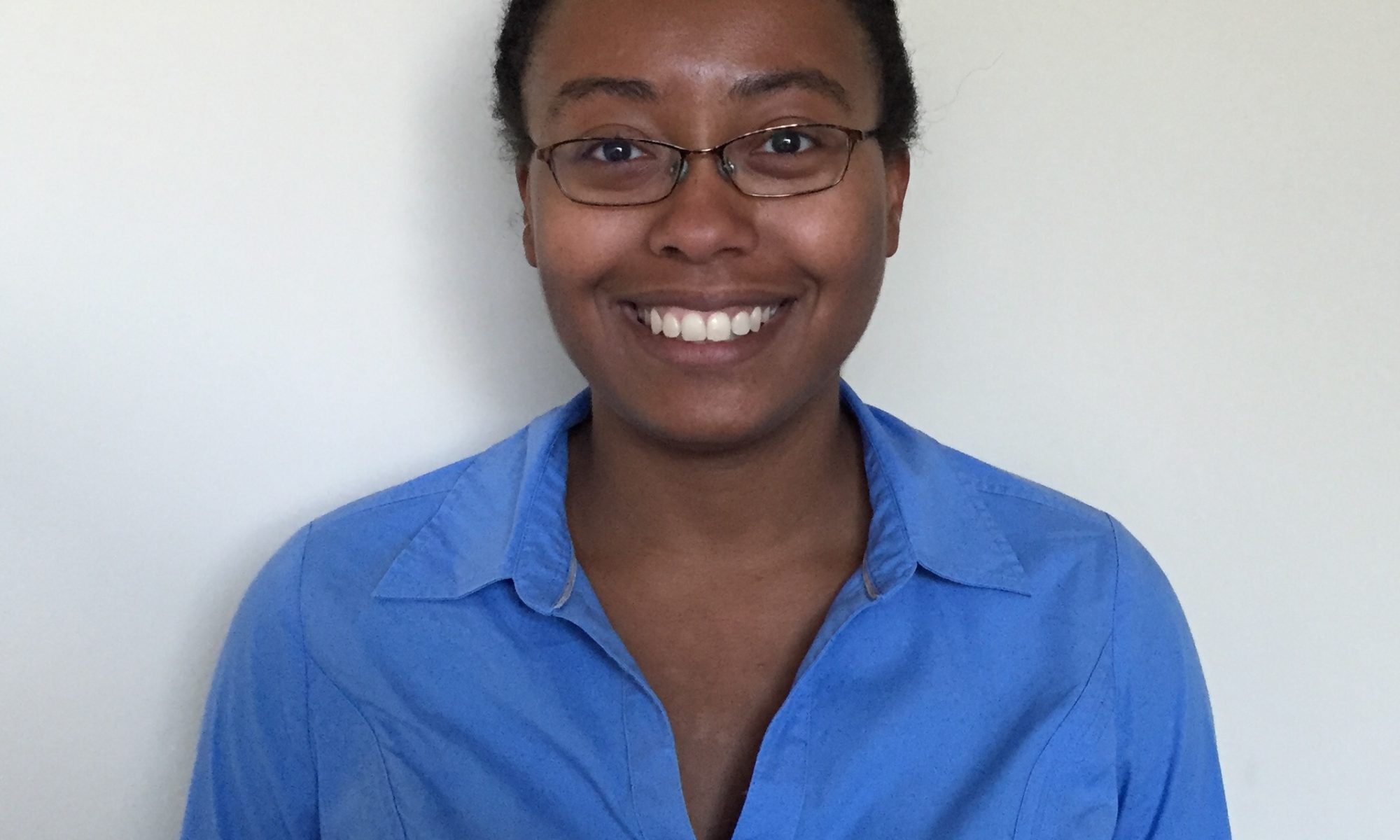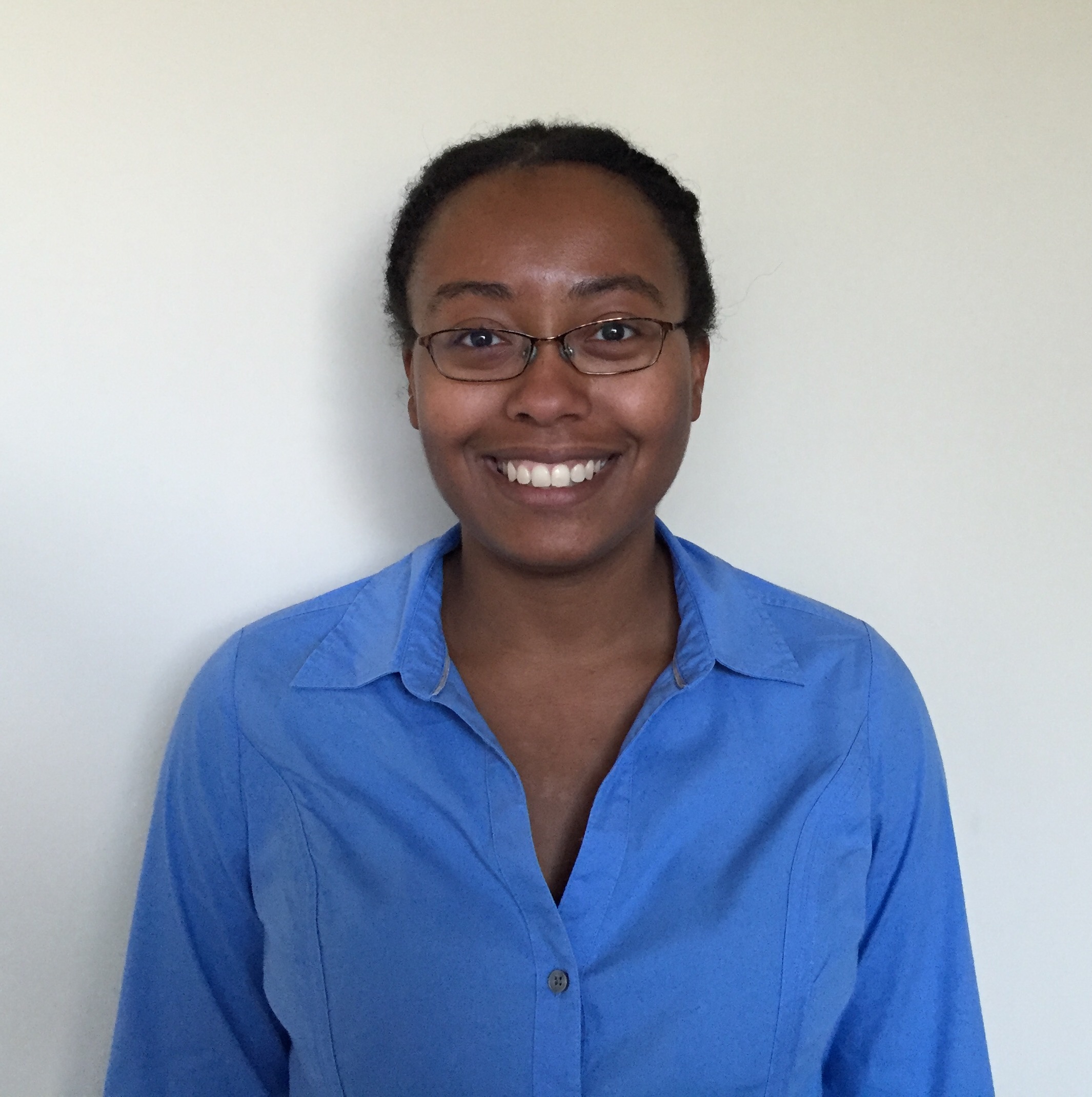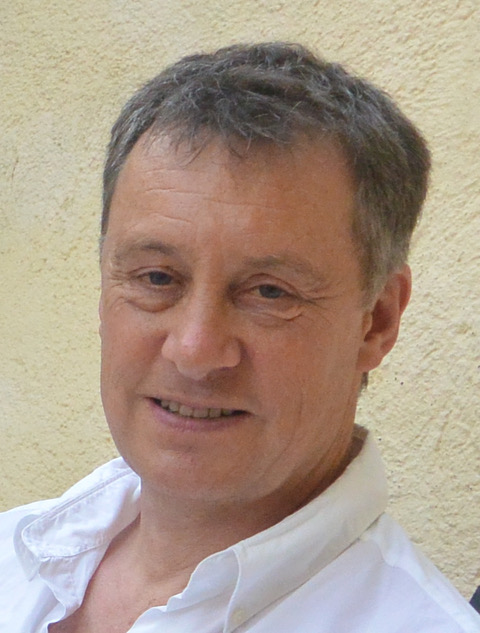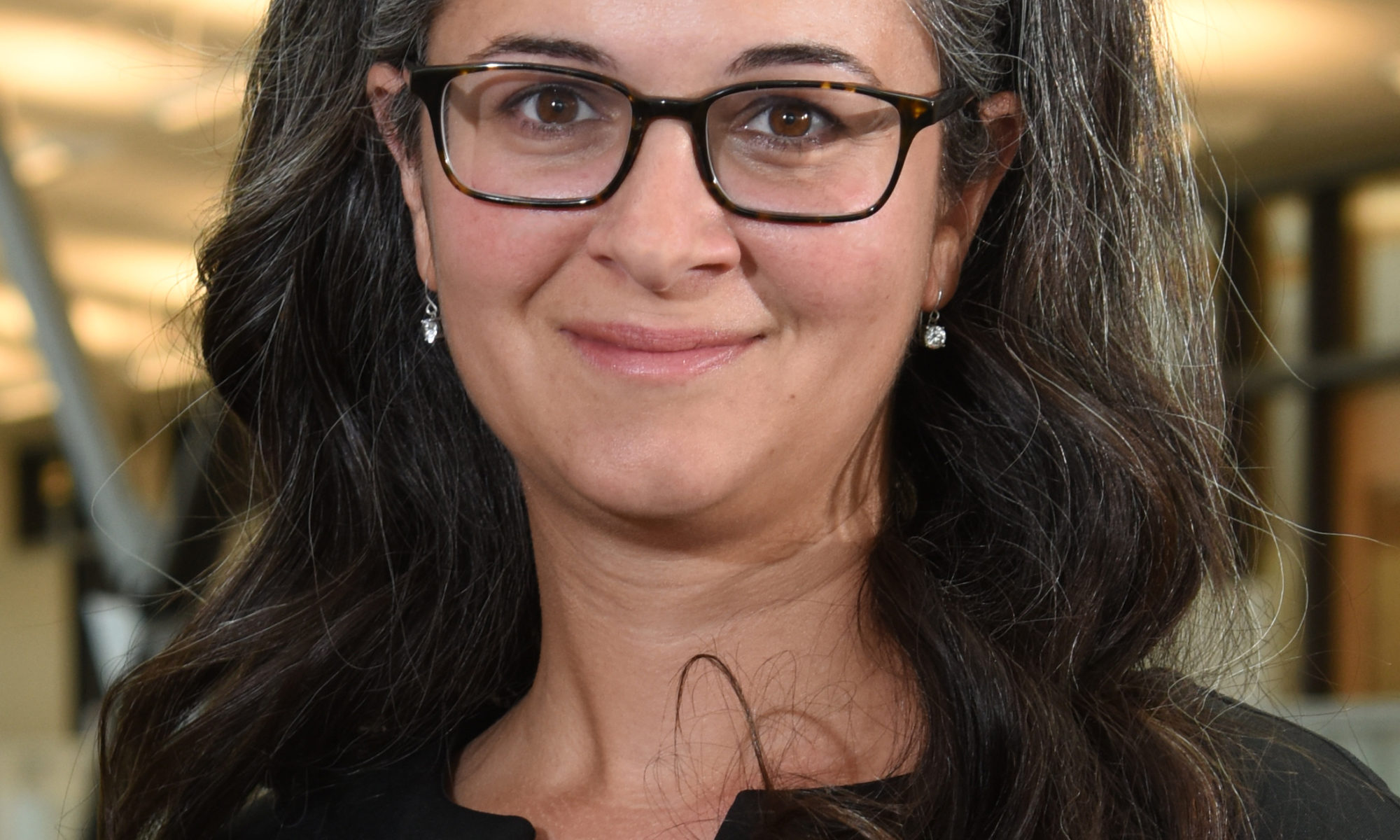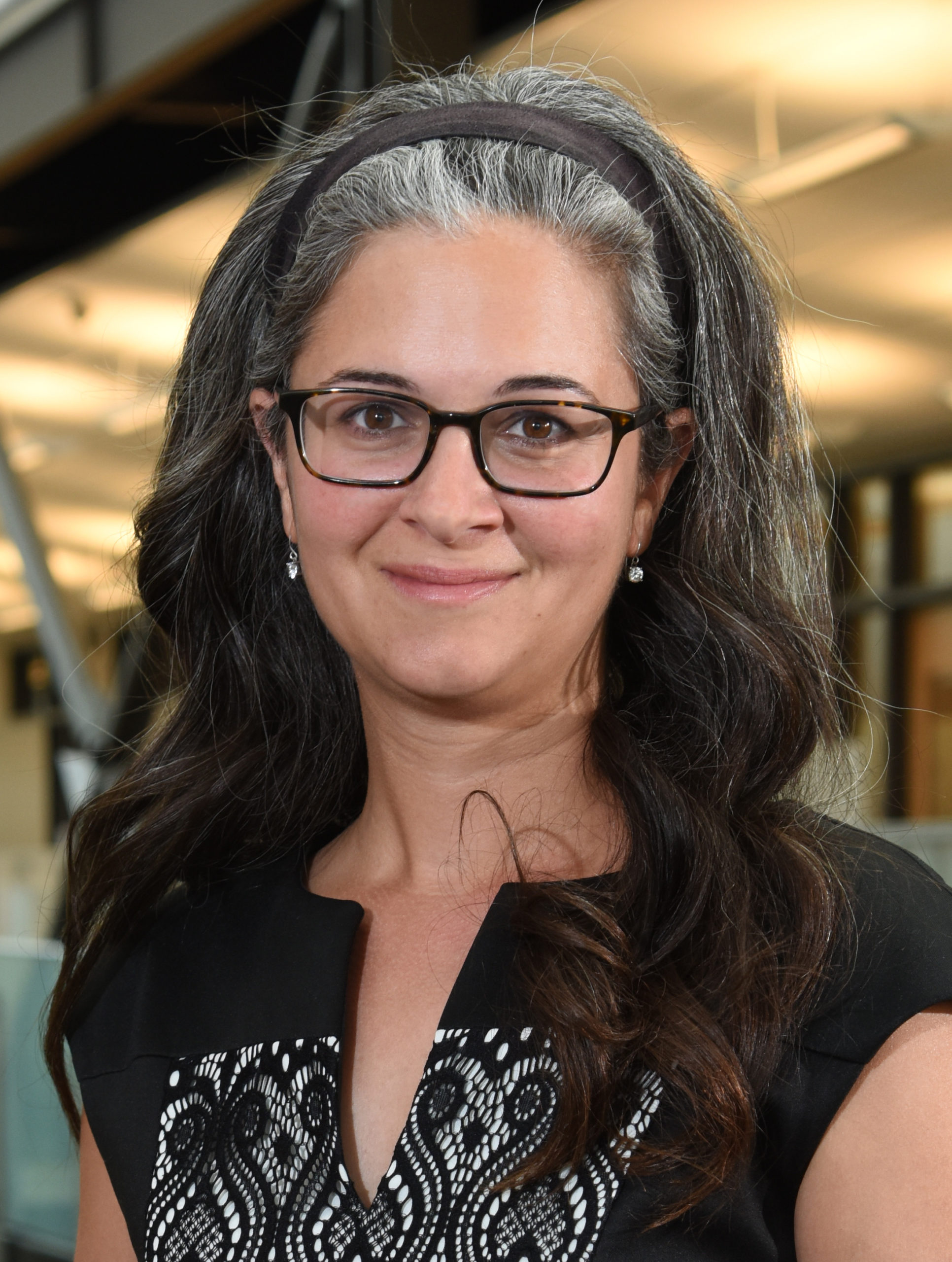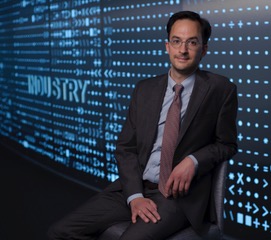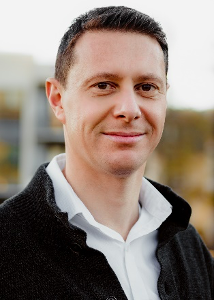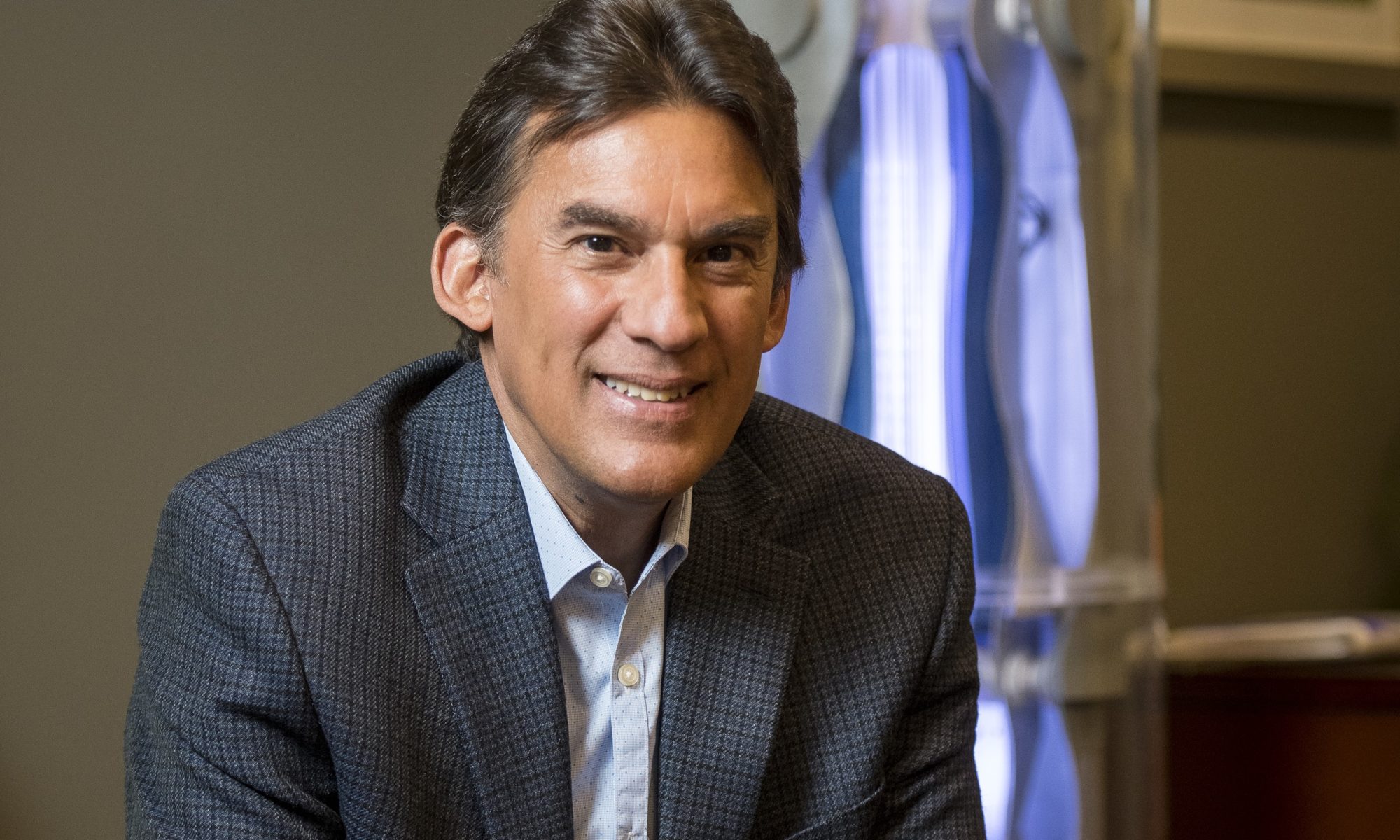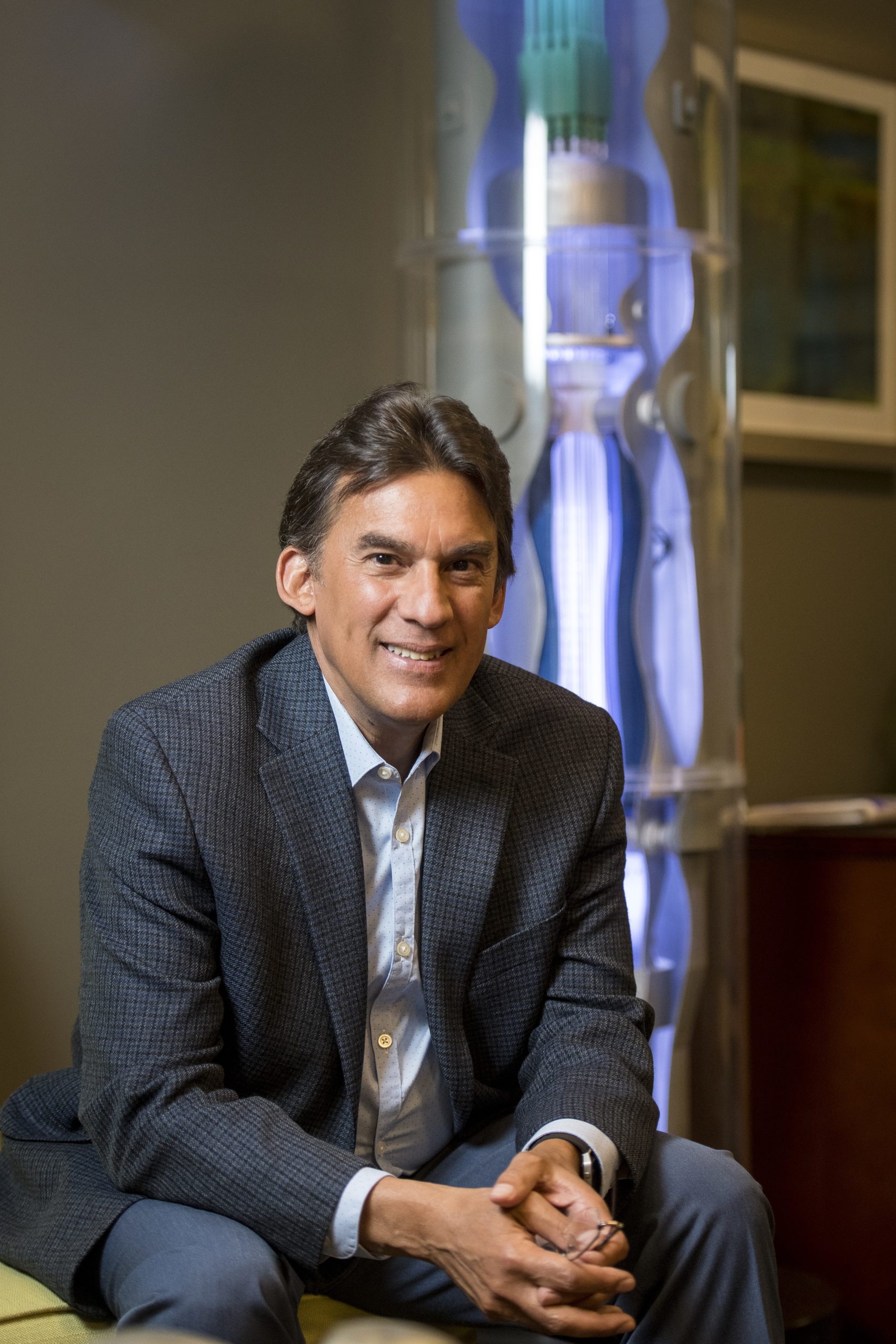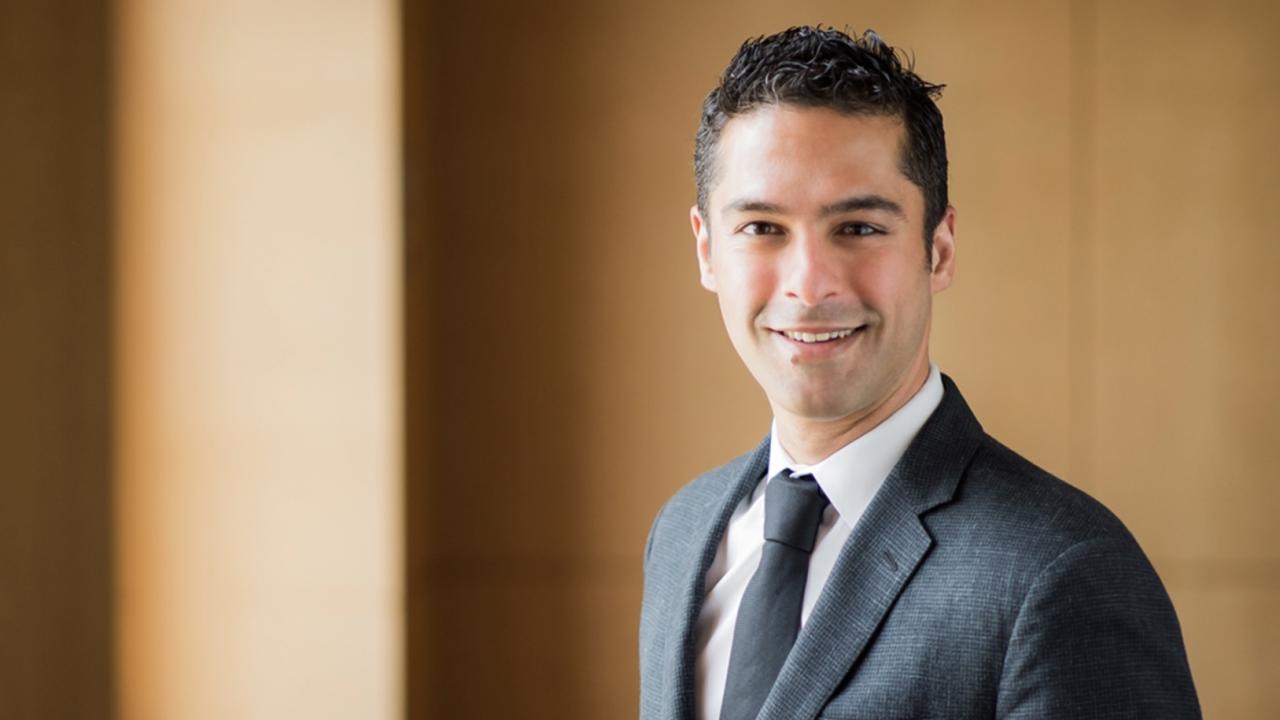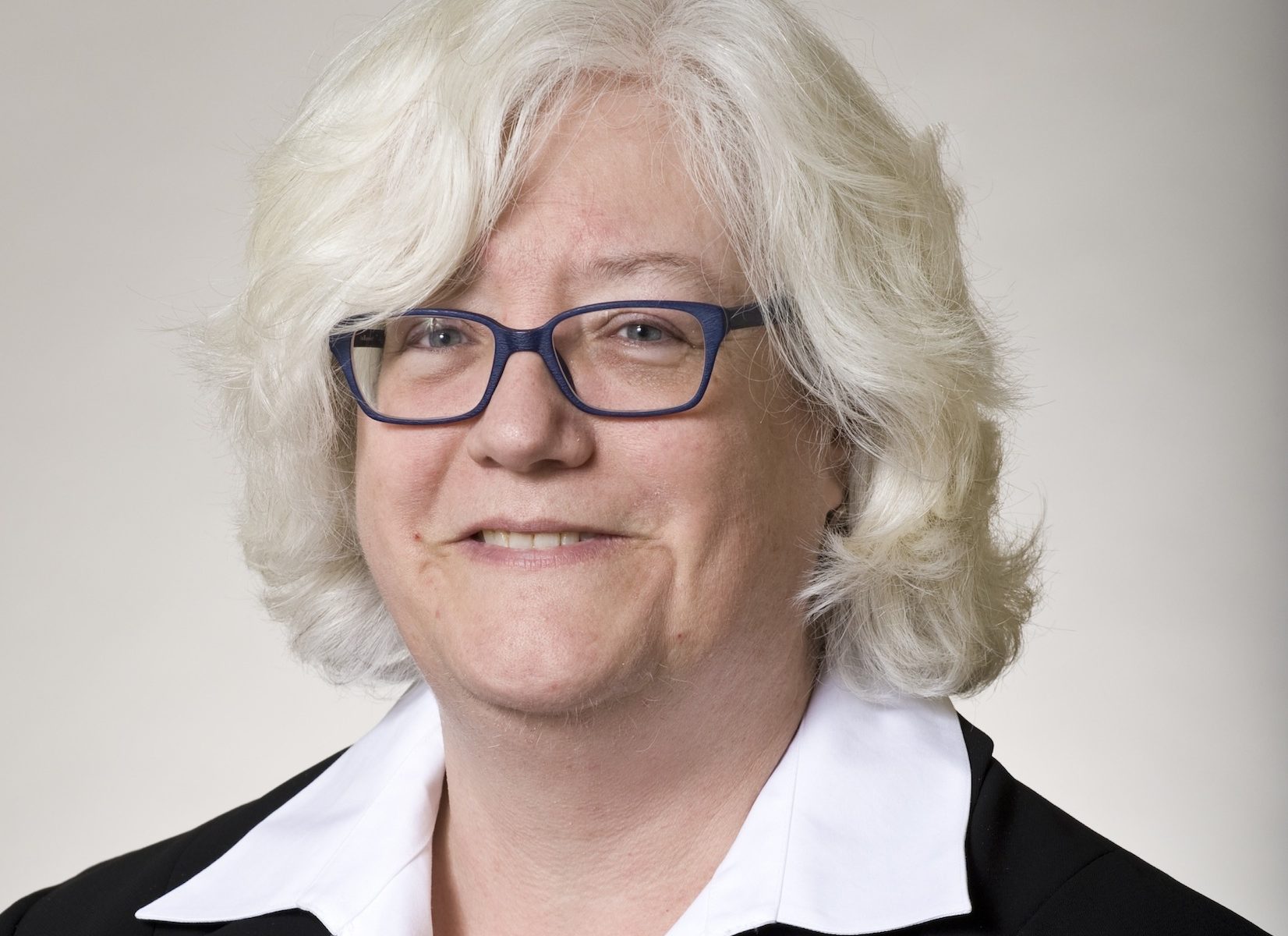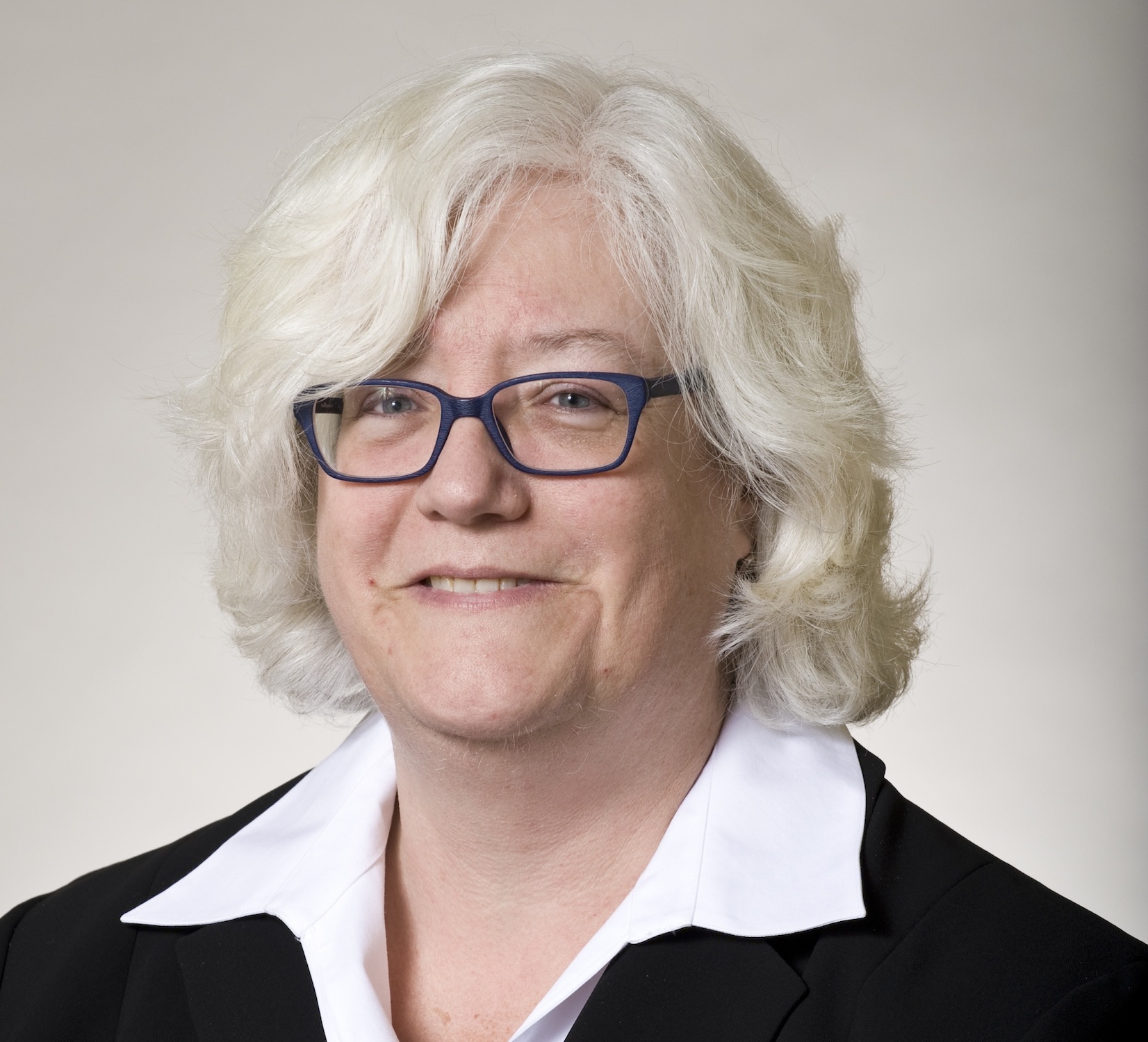Metals and minerals remain at the basis of modern society and their affordable and
environmentally respectable extraction and recycling is required. A global population of 9 billion
people by 2050 and global issues such as greenhouse gas emissions provide unique opportunities
for the deployment of new technologies for metals extraction and processing. Anticipating
affordability and deployment of sustainable electric power generation [1], the electrification and
intensification of metals and mining industry processes is becoming a possibility. This seminar
starts with reporting a methodology and analysis of existing extraction processes (e.g., mining
and pyrometallurgy of copper sulfides, ironmaking, and aluminium electrolysis) from an
electricity and cost standpoint. In a second time, the results are used to put forth a set of metrics
for alternative technologies based on electricity [2,3,4]. Finally, results for process scale-up in
molten oxides [4] and sulfides [5,6] are reviewed, highlighting the recent acceleration toward
industrial demonstration.
[1] A. Allanore, Contribution of Electricity to Materials Processing: Historical and Current Perspectives, JOM,
65(2), 131, (2013)
[2] A. Allanore, Electrochemical Engineering for Commodity Metals Extraction, Electrochem. Soc. Interface, vol.
26, issue 2, 63-68, (2017)
[3] C. Stinn and A. Allanore, Estimating the Capital Costs of Electrowinning Process, Interface, vol. 29, 44-49,
(2020)
[4] A. Allanore, Features and Challenges of Molten Oxide Electrolytes for Metal Extraction, Journal of the
Electrochemical Society, 162(1), 13-22, (2015)
[5] A. Allanore, L. Yin & D. R. Sadoway, A New Anode Material for Oxygen Evolution in Molten Oxide
Electrolysis. Nature, 497(7449), 353–356, (2013)
[6] S. Sokhanvaran, S.-K. Lee, G. Lambotte & A. Allanore, Electrochemistry of Molten Sulfides: Copper Extraction
from BaS-Cu2S. Journal of The Electrochemical Society, 163(3), 115–120, (2016)
[7] S. Sahu, B. Chmielowiec & A. Allanore, Electrolytic Extraction of Copper, Molybdenum and Rhenium from
Molten Sulfide Electrolyte, Electrochimica Acta, vol. 243, 382-389 (2017)
